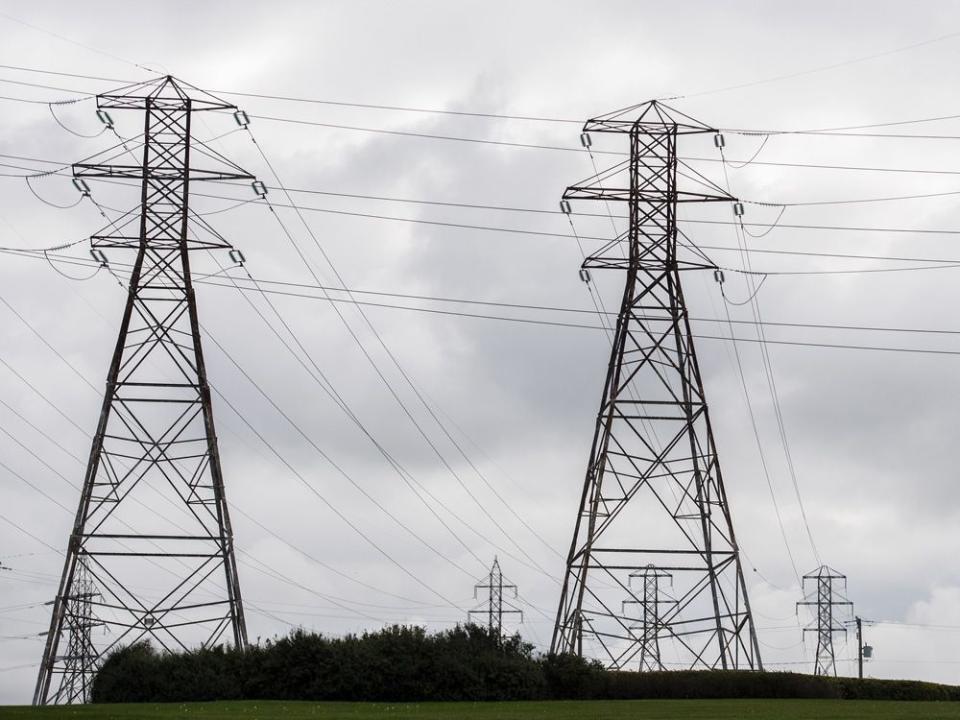Hydro-Québec to buy Great River Hydro and its 13 hydropower stations for $2.7 billion

Hydro-Québec announced today that it will buy Great River Hydro LLC, as well as its 13 hydropower generating stations, for the equivalent of about $2.7 billion, making it one of the largest acquisitions in the government-owned company’s 79-year history.
The stations, located along the Connecticut and Deerfield rivers in Vermont, New Hampshire and Massachusetts, have the capacity to produce a combined capacity of 589 megawatts, enough to power 213,000 homes in New England.
Great River, currently owned by ArcLight Capital Partners LLC, will remain a separate entity, and its 100 employees will be maintained. The purchase could represent a breakthrough in Hydro-Québec’s efforts to increase exports to New England, where its efforts to expand its reach have run into a serious of political hurdles.
“Hydro-Québec has a long-term energy partnership with New England, as we have been exporting our hydropower to the region since the 1980s,” chief executive Sophie Brochu said in a press release.
“This acquisition represents a unique opportunity to combine our know-how in managing and leveraging hydro facilities with Great River Hydro’s thorough understanding of the New England market. By combining our strengths, we can support the development of new renewable energy projects, in a market where such resources are in high demand.”
Alberta's new premier puts Ottawa on 'notice,' vows to defend provincial control of oil and gas
Ottawa to pour up to $222 million in Rio Tinto's Quebec facility
'Canada will get left behind': U.S. incentives for carbon capture could lure investment south
Earlier this year, the company fought to establish a transmission line that would supply 1,200 megawatts of power to Maine – enough to power 1 million homes. Critics said that it would cause too much damage to forests in western Maine. While hydroelectric plants do not produce air pollution, they can alter the natural habitats of animals in the forests and rivers where they are located.
In a referendum held in November last year, 59 per cent of Maine voters voted against the project, but this August, Maine’s Supreme Court ruled that the referendum was unconstitutional.
Hydro-Quebec also tried to supply 20 per cent of New York City’s annual electricity but was met with resistance from environmental groups. Last May, five First Nations wrote to New York deputy mayor Dean Fuleihan denouncing the projects.
• Email: mcoulton@postmedia.com | Twitter: marisacoulton

 Yahoo Finance
Yahoo Finance 